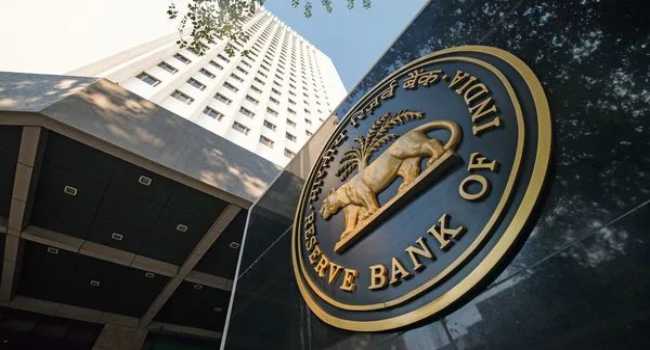RBI considers extending bank-like vigil on NBFCs, cooperative banks
The central board of the Reserve Bank of India (RBI) on Friday discussed extending the “enforcement policy and framework”, which is in place for scheduled commercial banks, to non-banking financial companies (NBFCs) and co-operative banks. Currently, NBFCs and co-operative banks have different regulations governing them. These are not as stringent as the rules for banks are.
However, the collapse of Infrastructure Leasing & Financial Services (IL&FS) last year and Punjab and Maharashtra Co-operative (PMC) Bank this year has led to concerns about regulations governing NBFCs and co-operative banks. Apart from RBI Governor Shaktikanta Das, the meeting on Friday was attended by all three deputy governors and other board members.
The central bank has created a new department of supervision to centralise vigil on all entities it regulates. It has raised a separate supervisory cadre only for this purpose. The RBI wants supervisory rules as well as penalties to be uniform.
If the policy is extended to NBFCs and co-operative banks, they will have to disclose divergence in asset classification and provisioning during RBI inspections in their audited financial reports. Till now, these entities have been exempted from this. At present, there are more than 98,000 co-operative banks and 10,000 NBFCs. Sources said the RBI would concentrate on the top 50 co-operative banks and NBFCs.
According to RBI data, there are only 54 scheduled urban cooperative banks. The RBI is already monitoring top 50 NBFCs, considered systematically important. The scrutiny regime is likely to become tougher if the norms are extended to these entities.
Most of the policy framework applicable for banks have been gradually been implemented for the NBFCs. But RBI did not have better control on cooperative banks because of dual regulation. If this is done, there will be better control and supervision of RBI on entire financial system which in turn will bring much desired financial stability. This will instill more confidence in the investors”, said Deo Shankar Tripathi, CEO or Aadhar Housing Finance.
In 2017, the RBI said banks have to make adequate disclosures under two conditions: 1. If additional provisioning requirements assessed by the central bank exceeds 15 per cent of the net profit after tax of the bank; 2. If the additional gross non-performing assets (NPAs) identified by the RBI exceeds 15 per cent of the published incremental gross NPAs for the banks in a given period.
Now, statutory auditors of NBFCs and co-operative banks may be held accountable if there are any lapses on their part in giving the true picture of the financial statements of the lenders. In the past year, with the collapse of IL&FS and the Punjab and Maharashtra Co-operative Bank, questions have been raised on the quality of auditing done by the statutory auditors.

